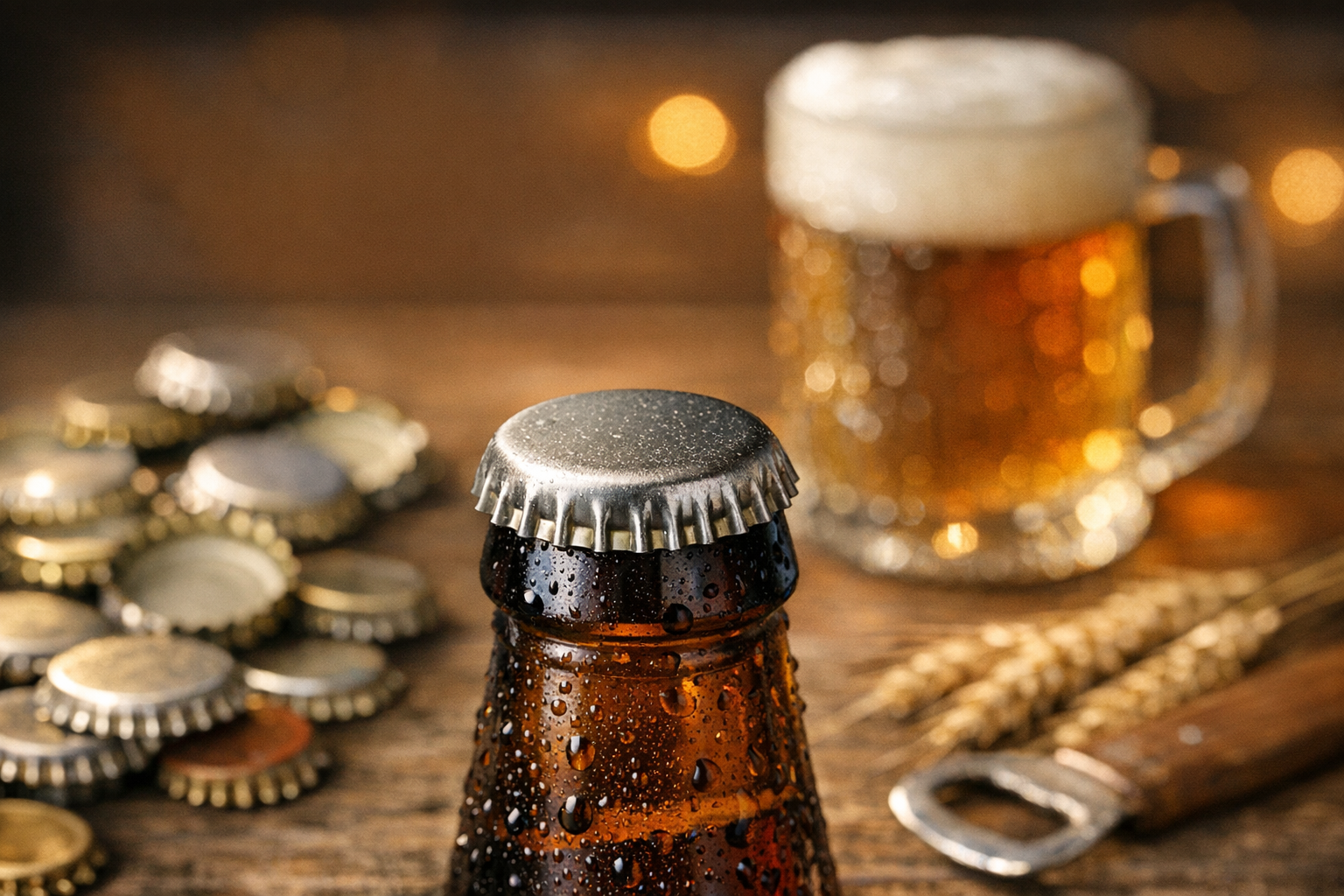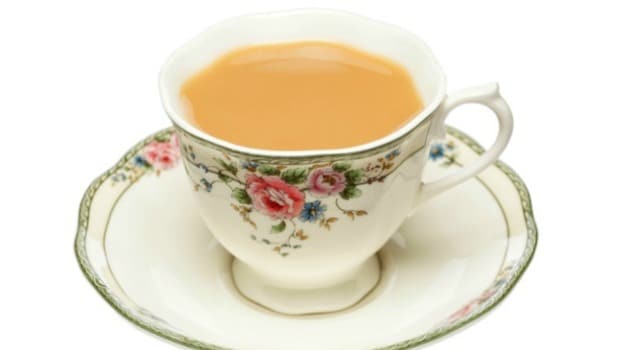Forgoing a sugary drink a day and drinking water or unsweetened tea or coffee instead could cut the risk of developing type 2 diabetes by up to a quarter, say researchers.
The research was based on a study of a week’s food diary compiled by 25,000 men and women aged 40 to 79 in Norfolk, England, more than a decade ago.
During 11 years of follow-up, 847 of those who completed the diaries were diagnosed with new-onset type 2 diabetes, a condition seen as an increasing risk to the public health of an ageing population, increasing the likelihood of heart disease, stroke and nerve damage. More than 3 million people in the UK are thought to have diabetes which is linked to obesity, lack of exercise and poor diet.
The study published in Diabetologia, the journal of the European Association for the Study of Diabetes, looked at whether people drank fizzy drinks and squashes, sweetened-milk drinks such as milkshakes, flavoured milks and hot chocolate, sweetened tea or coffee, or artificially sweetened drinks and fruit juice, and found that nearly all participants consumed at least one.
The researchers found there was a higher risk of diabetes associated with drinking soft drinks and sweetened milk drinks but not with those that have artificial sweeteners, fruit juice or sweetened tea or coffee.
Previous work by the team had found that habitual daily consumption of carbonated soft drinks or diluted syrups was linked to a higher risk of diabetes. But the further research found that replacing a soft drink with water or unsweetened tea or coffee reduced the risk of diabetes by 14% and that substituting a sweetened milk drink with water or unsweetened tea or coffee could reduce it by 22% to 25%.
“Our findings suggest that reducing consumption of sweet beverages, in particular soft drinks and sweetened-milk beverages, and promoting drinking water and unsweetened tea or coffee as alternatives may help curb the escalating diabetes epidemic,” the authors concluded.
Nita Forouhi, of the Medical Research Council’s epidemiology unit at Cambridge University, said the study offered practical suggestions for healthy alternative drinks.
“Our new findings on the potential to reduce the burden of diabetes by reducing the percentage of energy consumed from sweet beverages and further important evidence to the recommendation from the World Health Organisation to limit the intake of free sugars in our diet.”










